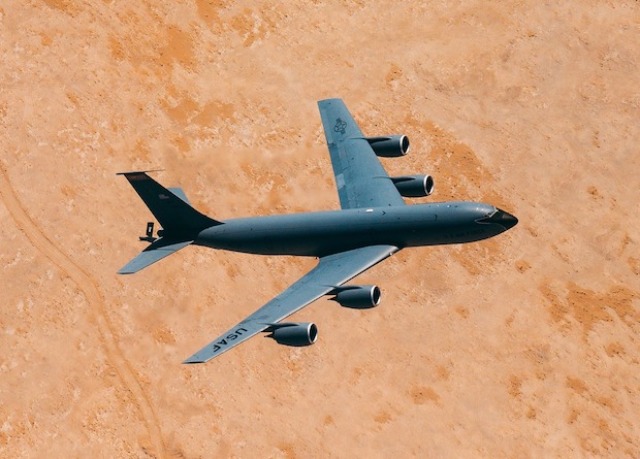The US Air Force and the Twelve energy company have created aviation fuel from carbon dioxide, water and energy from renewable sources. The military believes it will help them reduce their dependence on foreign oil and reduce carbon emissions. At the end of this year, they will decide whether to scale the technology and produce synthetic fuel in large quantities.
Synthetic fuel is considered an environmentally neutral fuel, because during the combustion process it does not affect the balance of carbon dioxide in the atmosphere in any way — carbon dioxide is used to create it. Several enterprises are engaged in the production of synthetic fuel today. For example, the Swiss Sun-To-Liquid project receives it at an experimental plant whose reactors are completely powered by solar energy.
Last year, the US Air Force launched a pilot project together with the Twelve energy company to create an operational aviation fuel from carbon dioxide called E-jet. First of all, they were interested in it as an opportunity to reduce the cost of conventional fuel, which costs the US Air Force several billion dollars annually, and this is excluding transportation. The military hopes that the E-jet can be produced in places where units are deployed, without the presence of highly qualified experts. This would help reduce the demand for conventional fuel in hard-to-reach areas.
The US Air Force Logistics Department announced on October 22 that in August it and Twelve managed to produce jet fuel from carbon dioxide, water and energy from renewable sources. The first stage of the project will be completed in December, and the military will receive a detailed report on the process and its results. But preliminary testing has already shown that this technology can be scaled. At the end of the year, the US Air Force will decide whether to produce it on a large scale.
Earlier we wrote that the Dutch company KLM performed the first passenger flight on synthetic fuel. The airliner was refueled with a mixture of conventional aviation fuel and synthetic jet fuel.
Vasilisa Chernyavtseva

